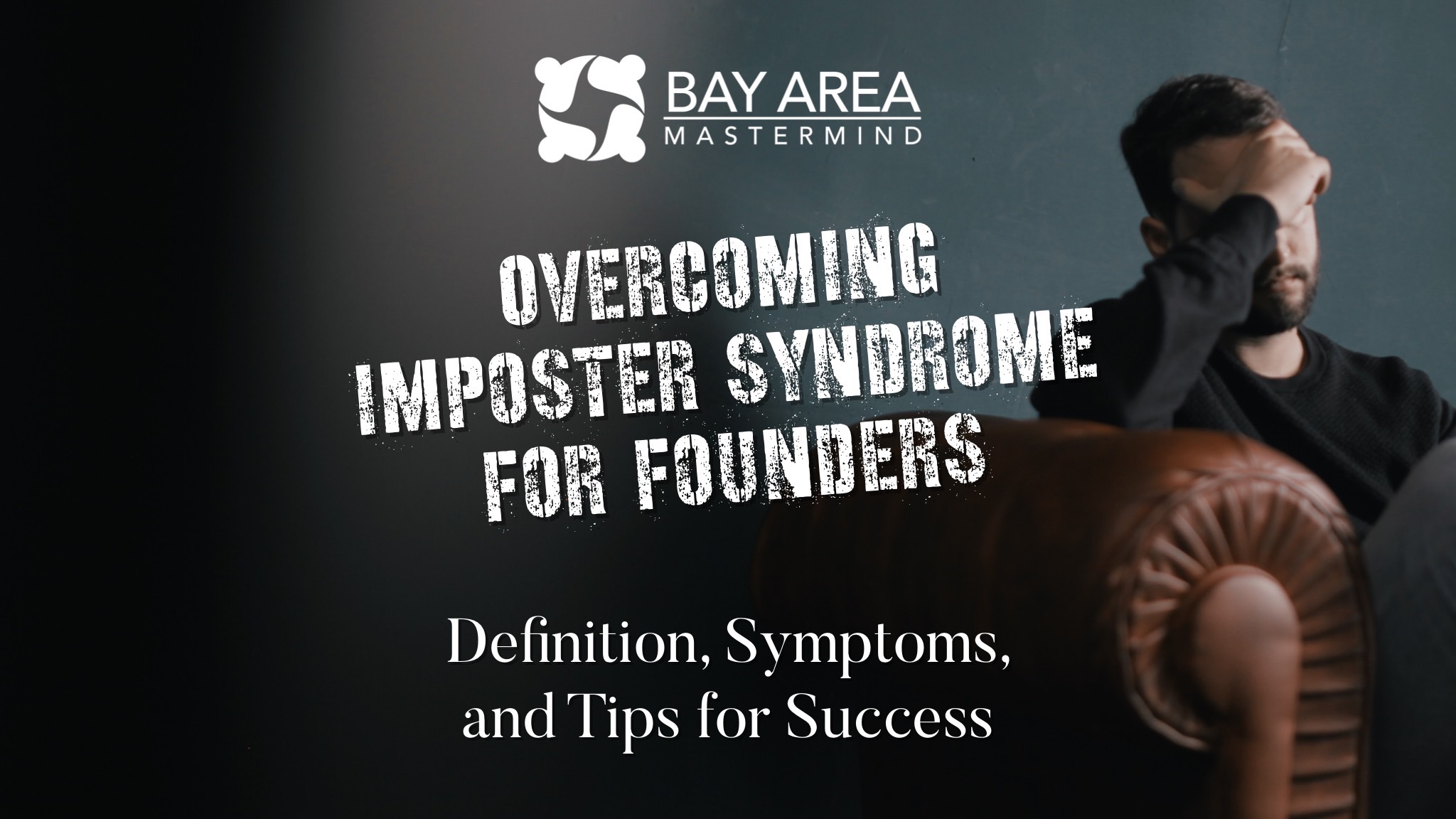Throughout our routines, we often encounter psychological obstacles that affect our procrastinadores significado well-being and success. Among the most common issues are procrastination, emotional dependency, and impostor syndrome. These problems not only disrupt personal and professional life, but understanding them is the first step to overcoming them.
In this article, you’ll discover what these issues are, why they occur, and practical ways to address them. With the right insights, you can enhance your mental clarity and live a more fulfilling life.
The Definition and Causes of Procrastination
Procrastination refers to the act of delaying tasks that require immediate attention. It is commonly caused by fear of failure, perfectionism, or lack of motivation.

Studies reveal that procrastination stems from how our minds prioritize instant gratification over long-term benefits. People often procrastinate when they feel unmotivated or overwhelmed. Recognizing these triggers is essential to addressing the issue effectively.
How Emotional Dependency Affects Relationships
Emotional dependency occurs when someone relies heavily on others for approval, validation, or support. While building relationships is fundamental, excessive emotional dependency leads to imbalance and stress.
People with emotional dependency may struggle to make independent decisions. This behavior often stems from childhood experiences, such as a fear of abandonment or low self-esteem. Building self-awareness and working on personal growth can help foster healthier, more independent relationships.
What is Impostor Syndrome?
Impostor syndrome refers to the internalized fear of being exposed as a fraud. Despite evidence of competence, individuals with impostor syndrome attribute their achievements to luck or external factors.

This mindset results in anxiety and self-doubt, hindering personal and professional growth. Research suggests that addressing impostor syndrome requires practicing self-compassion and recognizing personal achievements.
Strategies to Overcome These Challenges
To combat these challenges, consider implementing the following strategies:
- For procrastination: Set small, manageable goals and practice time management strategies such as the Pomodoro Technique.
- For emotional dependency: Focus on building self-esteem through activities like self-reflection and personal growth exercises.
- For impostor syndrome: Keep a journal of your achievements and seek support from trusted mentors or peers.
procrastinaçao
The key to lasting change—practice these techniques daily to create long-term improvement.
Conclusion: Taking Charge of Your Mental Habits
Procrastination, emotional dependency, and impostor syndrome can be overcome with dedication and the right tools. By understanding their causes and applying effective strategies, you can achieve significant personal growth.
Begin today—choose one strategy from this article and commit to making gradual progress. You’ll notice meaningful changes in how you approach challenges and opportunities.